
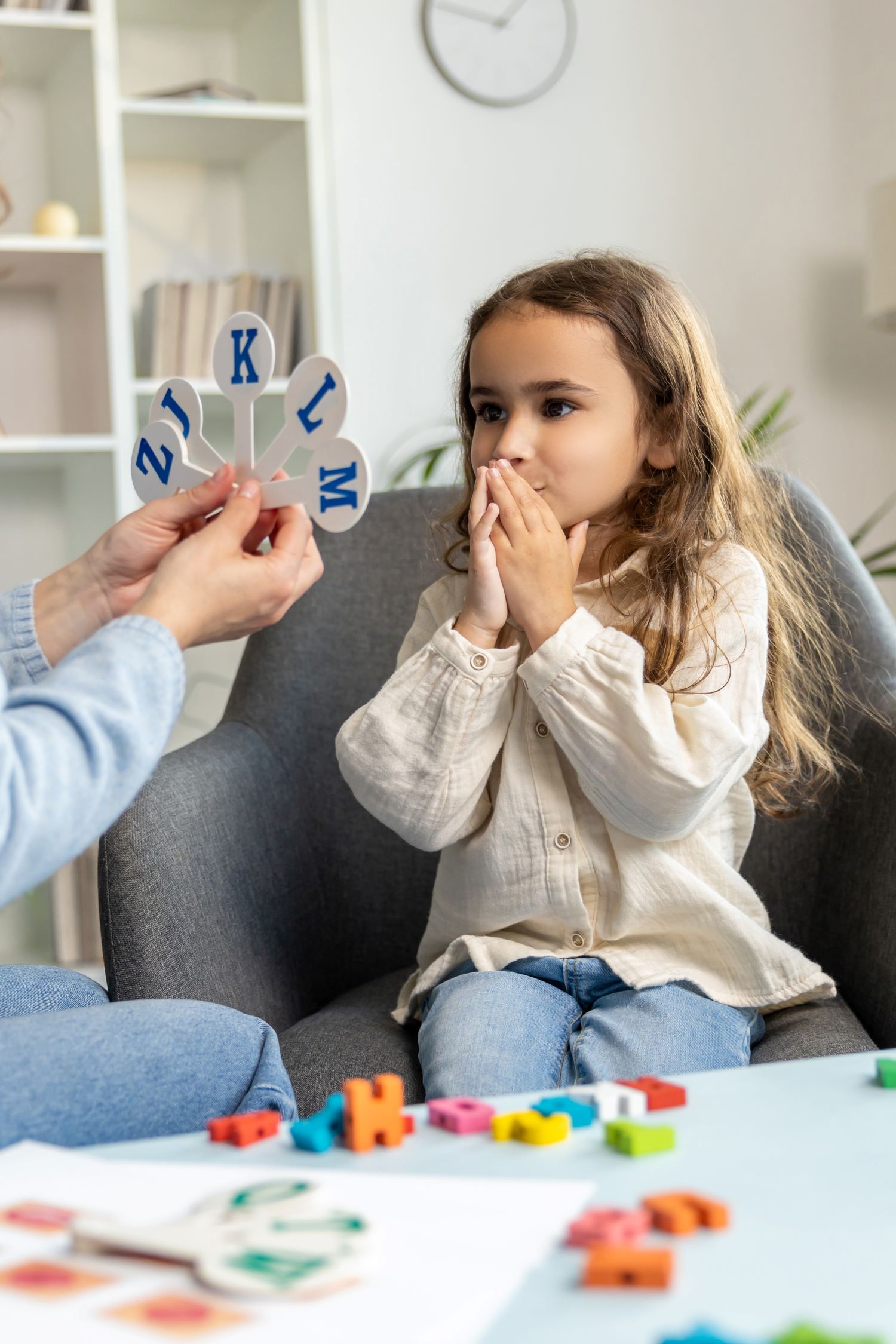
Our Approach
Speech and Language Therapy at Insights focuses on empowering communication, not just correcting difficulties. We aim to help children understand and value their own communication preferences while strengthening their skills in key areas such as:

Parent Consultation & Information Gathering

Assessment with the Young Person

Collating Outcome & Report

Feedback to Family & School
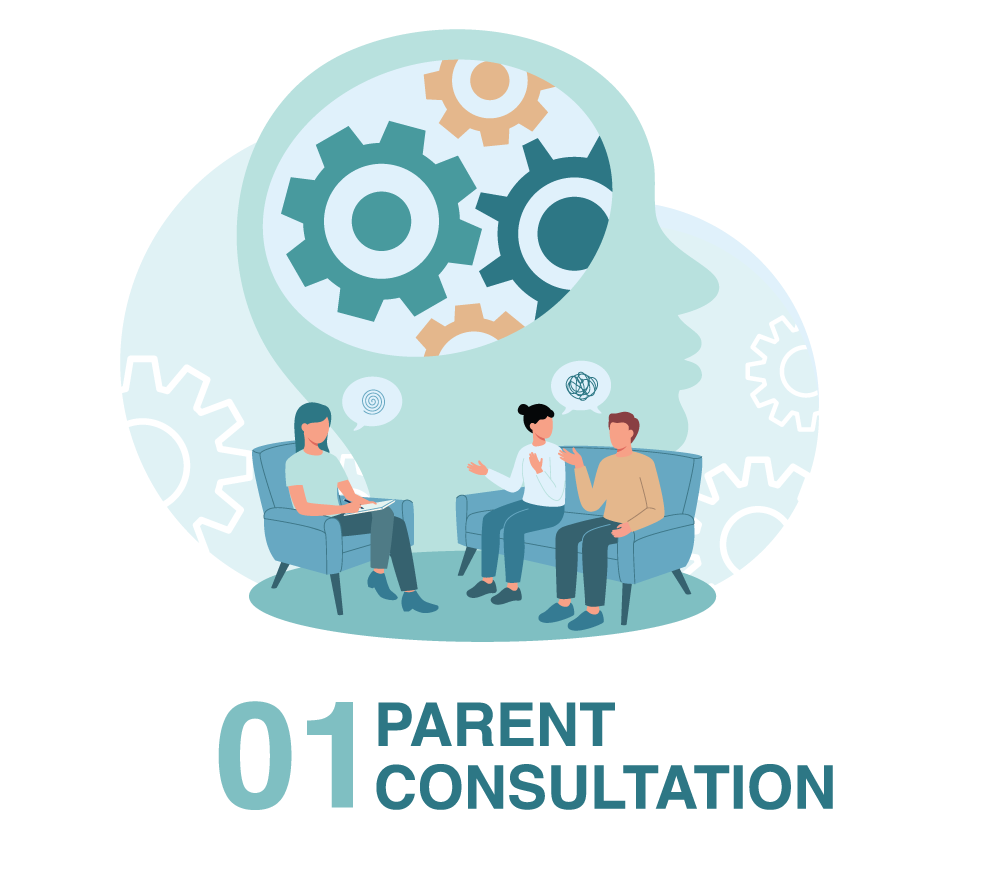
Parent Consultation:
Every therapy journey begins with a parent consultation — a collaborative meeting to understand your child’s developmental history, strengths, interests, and communication goals.
This session helps the Therapist identify the most suitable therapy pathway or recommend additional assessments if needed.
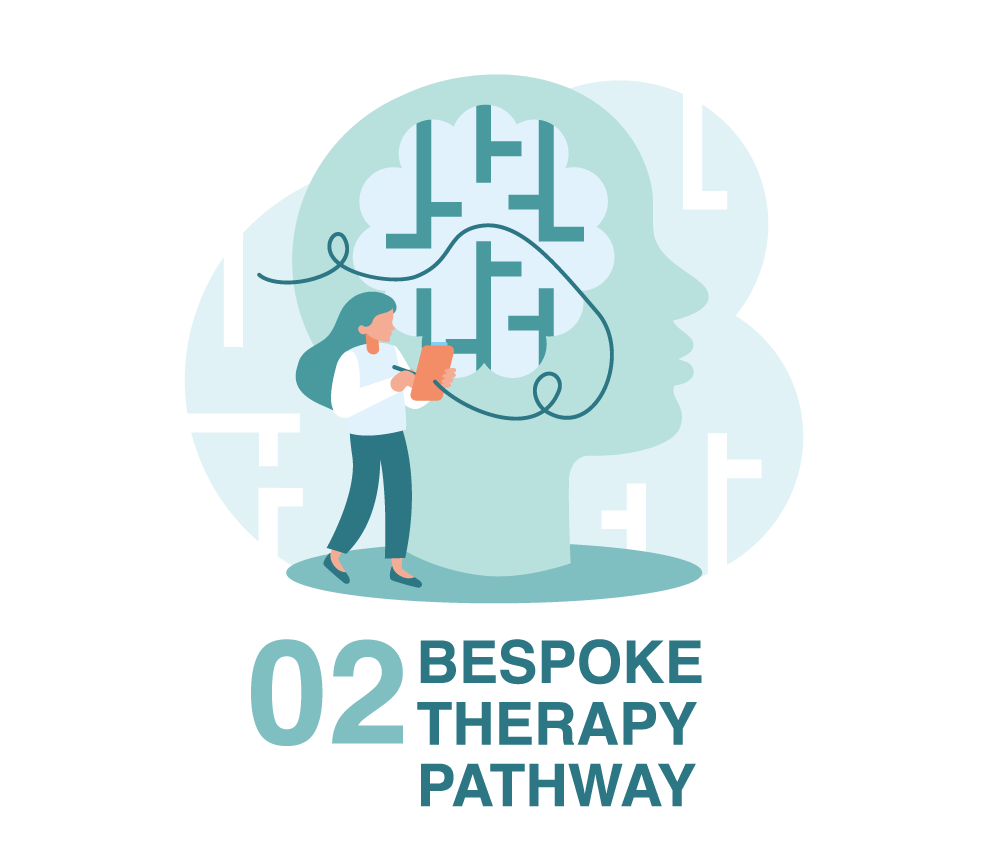
Bespoke Therapy Pathway
Following consultation, the Therapist designs a personalized 10-session therapy pathway tailored to your child’s needs.
This may include:
Therapy sessions are interactive and play-based, using the child’s interests and learning style to encourage engagement and motivation. For neurodivergent children, therapy focuses on building communication confidence and connection, not conformity.
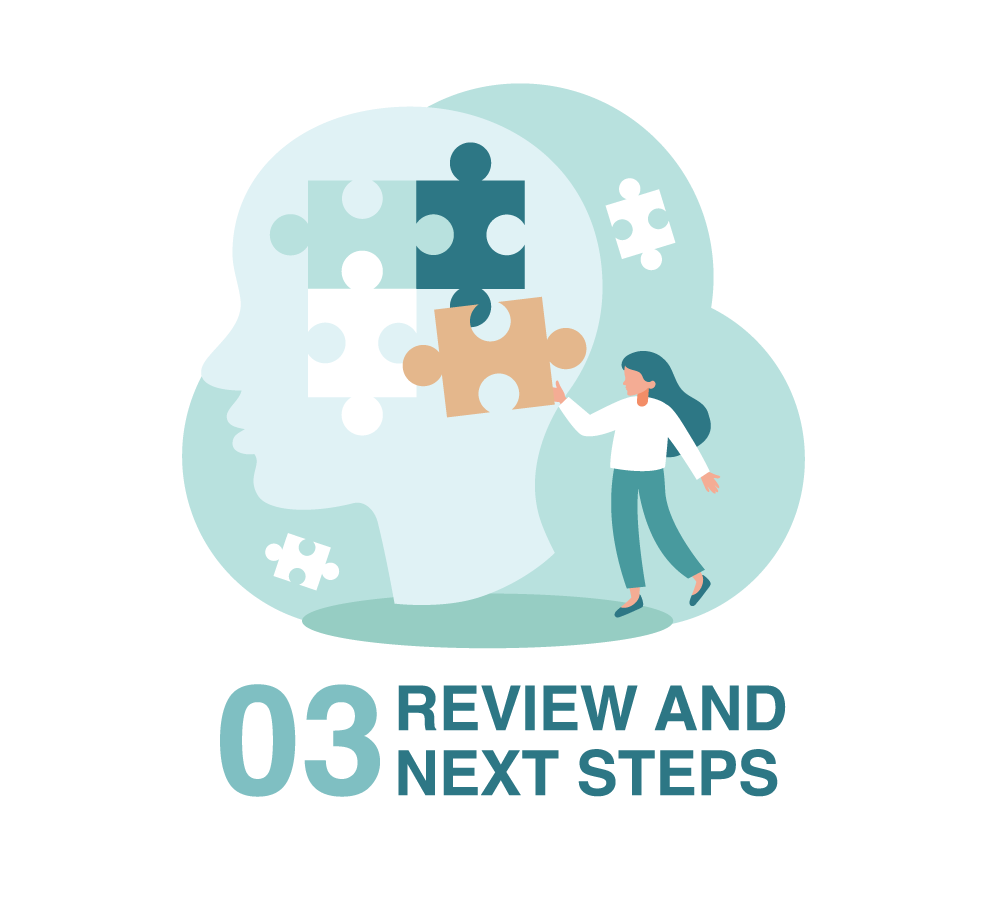
Review and Next Steps
After each therapy block, progress is reviewed collaboratively with families.
Next steps may include:
Parents receive regular updates, goal summaries, and an Individual Therapy Plan (ITP) that outlines therapy targets and home strategies.
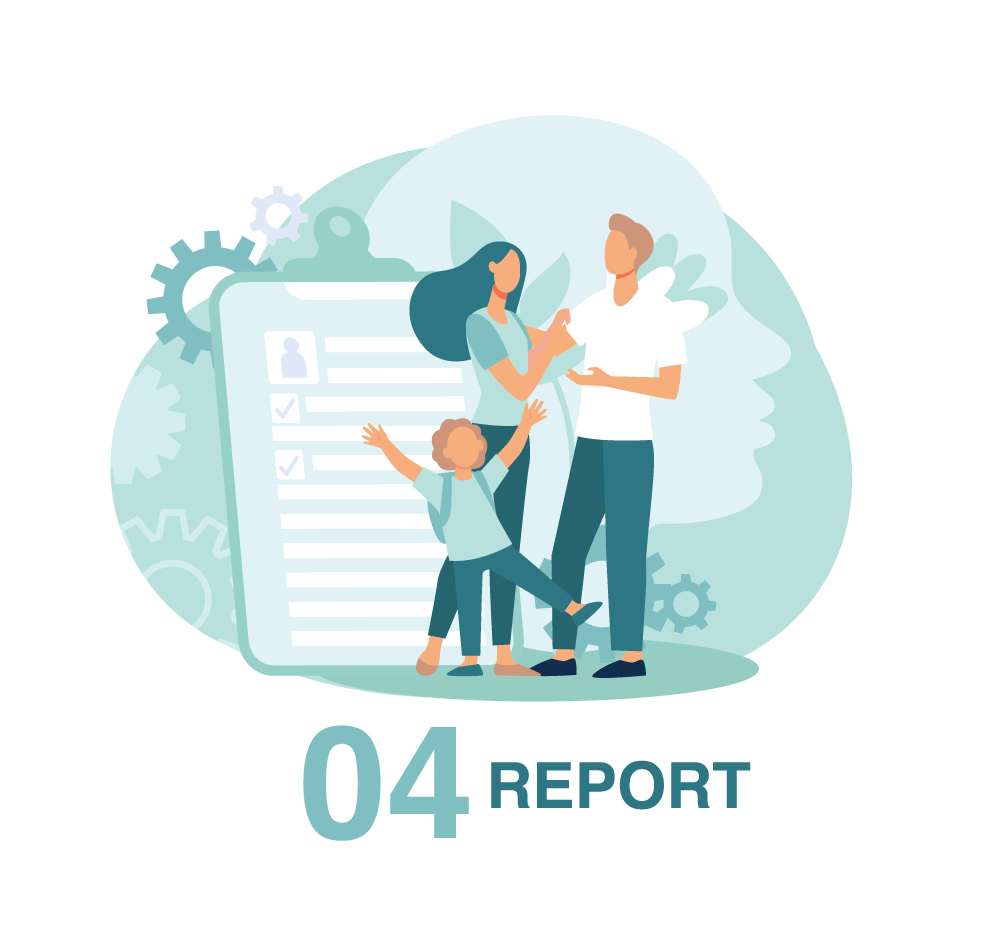
Review and Next Steps
After each therapy block, progress is reviewed collaboratively with families.
Next steps may include:
Parents receive regular updates, goal summaries, and an Individual Therapy Plan (ITP) that outlines therapy targets and home strategies.

Communication doesn’t develop in isolation — it’s nurtured through relationships and daily interactions. That’s why our therapists actively involve parents, caregivers, and teachers throughout the therapy process.
By sharing strategies and insights, we help the adults in a child’s life create communication-rich environments that support learning, regulation, and confidence both inside and outside of therapy sessions.



We are not an emergency service, if you or someone you know is in crisis, please go to the emergency department at Al Jalila Children’s Hospital or Rashid Hospital


